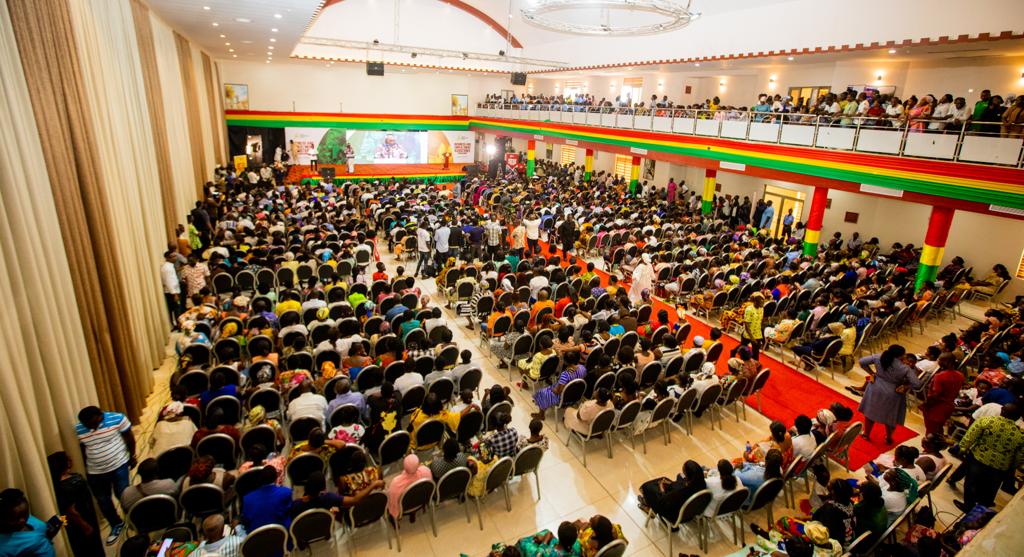
Ghana Incentive-Based Risk-Sharing System for Agricultural Lending (GIRSAL) is calling for a review of government’s fertilizer subsidy program under the Planting for Food and Jobs (PFJ) initiative.
The agriculture-based think tank wants the government to absorb some costs under the price build-up for fertilizers, rather than grant subsidies.
Speaking to Citi News on the sidelines of a stakeholder validation workshop on the assessment of the fertilizer subsidy program under the PFJ program, Chief Operating Officer of GIRSAL Takyi Sraha said the government must allow the private sector to be at the forefront of fertilizer distribution.
“The study is proposing that we should look at a revision of the whole subsidy program. Instead of cash payments, government should look at some in-kind subsidies where government absorbs certain charges and fees so that the cost of fertilizer can be reduced and then allow the private sector to distribute it. They go to the market and compete instead of government playing that key role. So there should be a private sector-led or driven approach going forward,” he said.
“We did an analysis of the fertilizer price build-up. The cost of fertilizer delivered to the retail point and we realized that if certain costs, for example, the port charges, logistics and transport costs, and even the cost that the ministry paid for the branded PFJ bag is taken out, you can save about GH¢33 per 25kg bag. If you look at the cash subsidy that is paid at the 15% rate, which is about GH¢32.5, I mean it’s almost at parity. So if government is not paying that cash but allowing the companies to benefit from these waivers, then you allow them, instead of giving quota, okay, those who want to be part of the fertilizer subsidy program, we are going to waive these charges but deliver the fertilizers at this point. So government doesn’t come in. The private sector will then go in, make available their products at the farm gate for farmers to buy,” Takyi Sraha added.
Rationale for study
The rationale for the assessment of the fertilizer subsidy program under the PFJ program was to address some contentious issues such as the necessity of it, impact versus cost incurred, and procurement process that most stakeholders have about the program.
The study team visited 12 districts and municipalities in 6 regions based on their usage of fertilizer per data from the Ministry of Food and Agriculture (MoFA). It had 76 participants.
Findings of the study
The findings of the study revealed, among other things, that there was late delivery of inputs, while the quality of fertilizer was on the lower side as farmers had issues with the quality of fertilizers they purchased.
However, GIRSAL noted in its research that the subsidy program has also had its successes, including increasing yields of its target crops such as maize and rice.
The post GIRSAL advocates for review of fertilizer subsidy programme under PFJ appeared first on Citinewsroom - Comprehensive News in Ghana.
Read Full Story






















Facebook
Twitter
Pinterest
Instagram
Google+
YouTube
LinkedIn
RSS